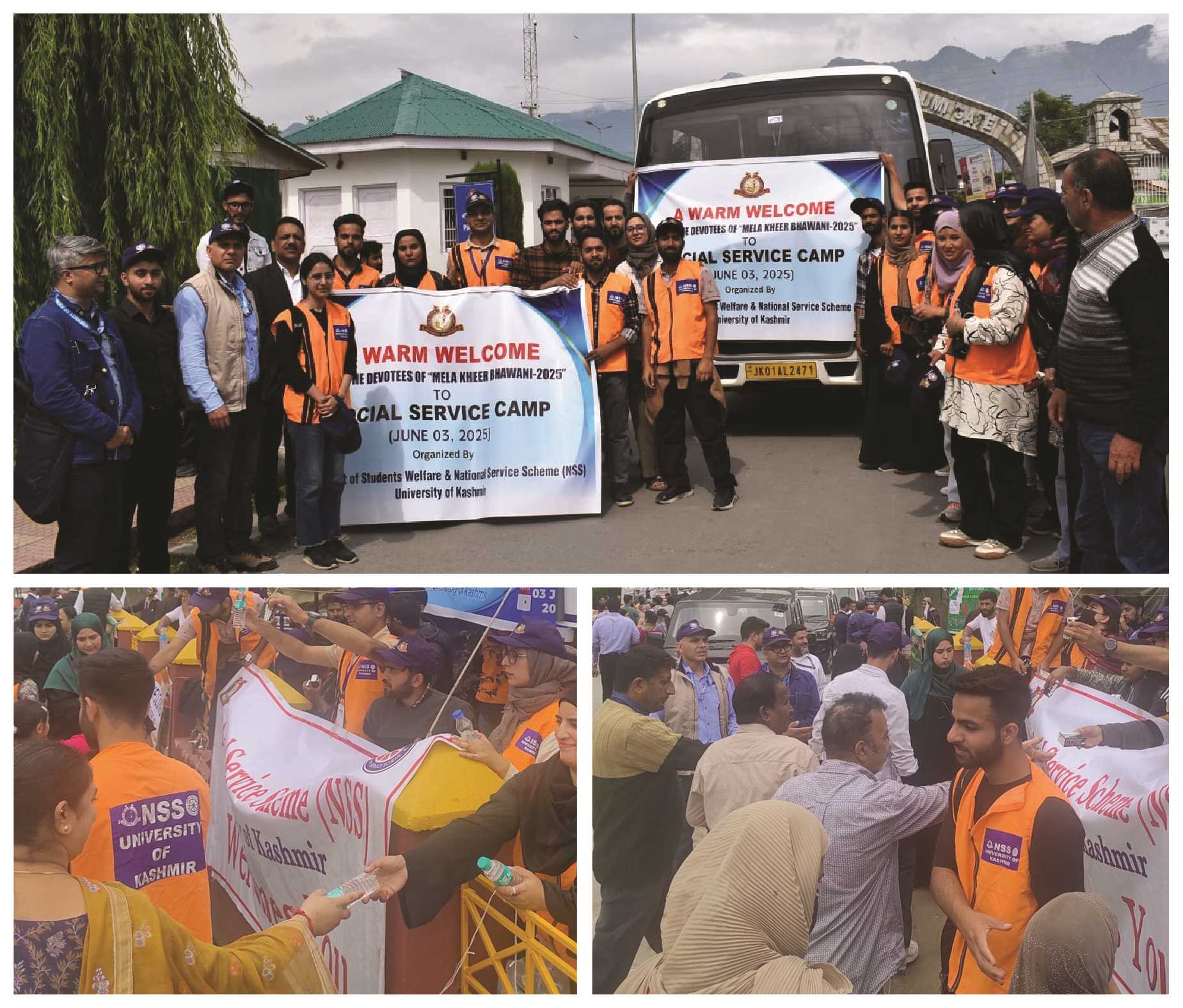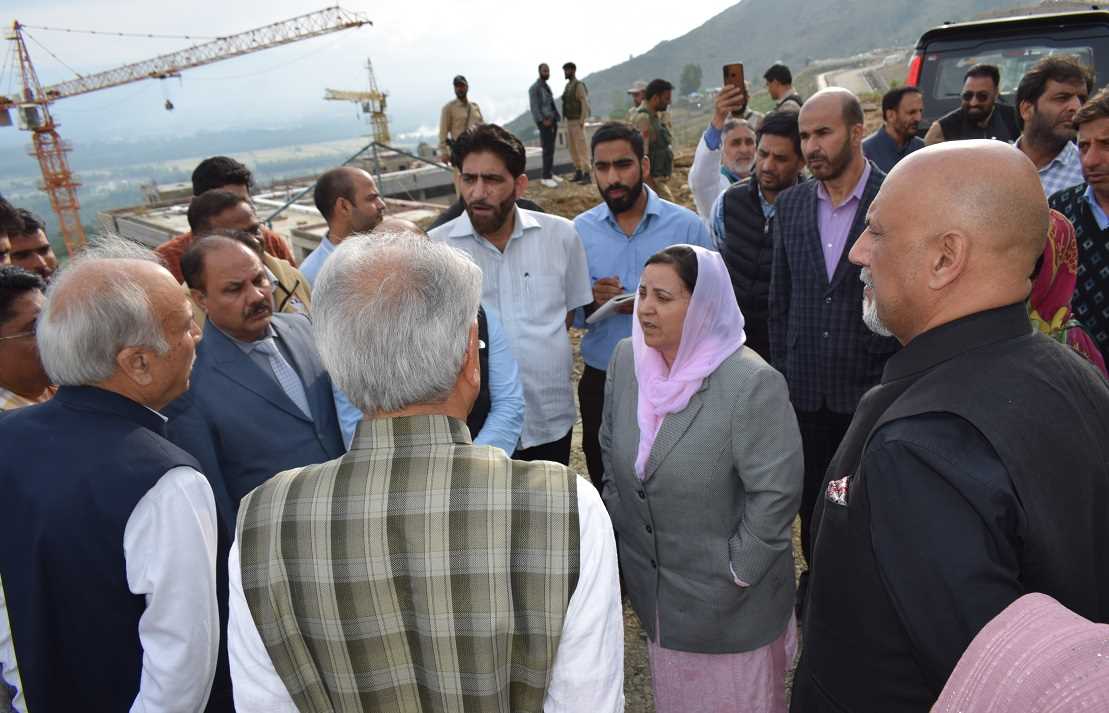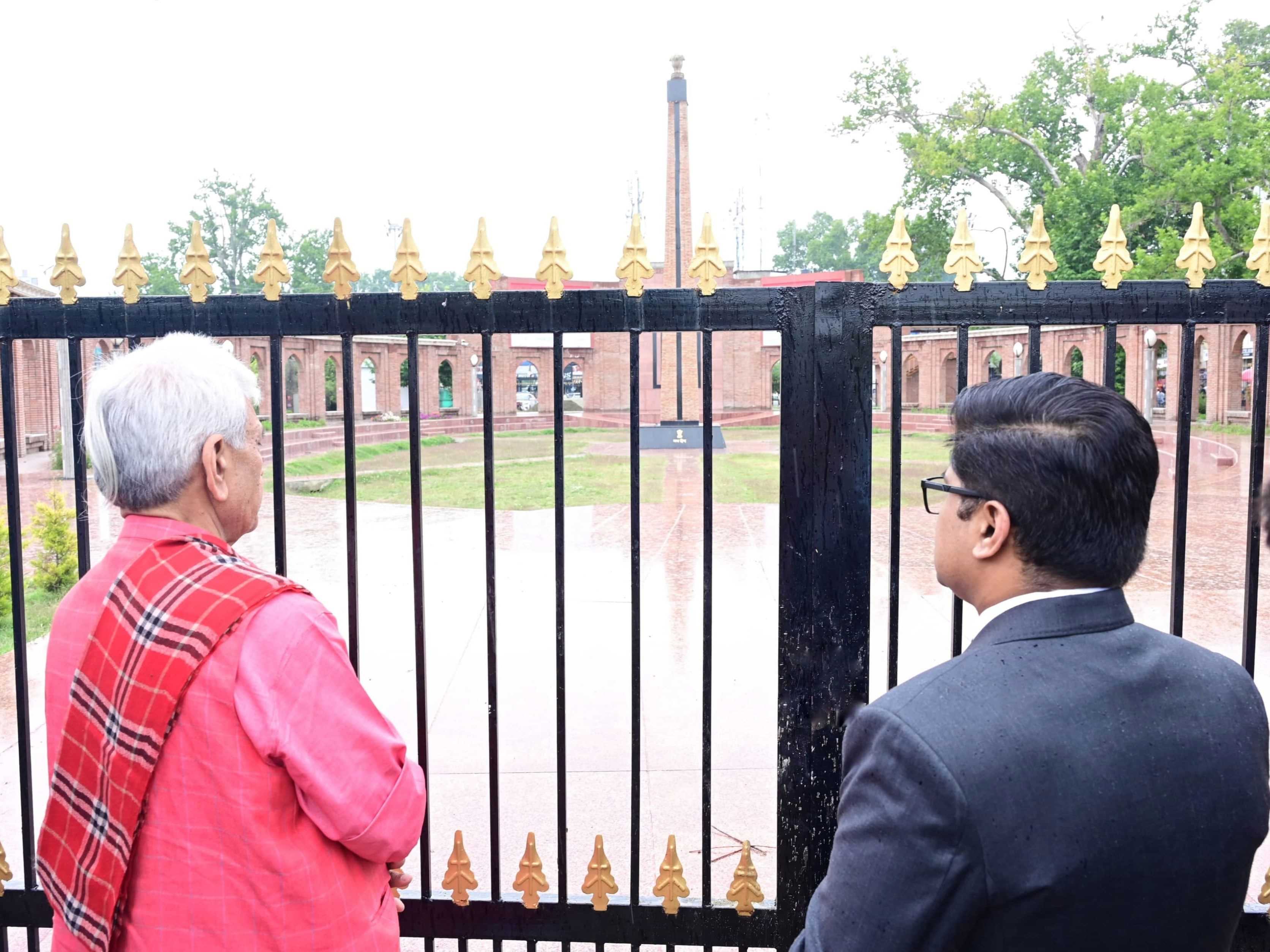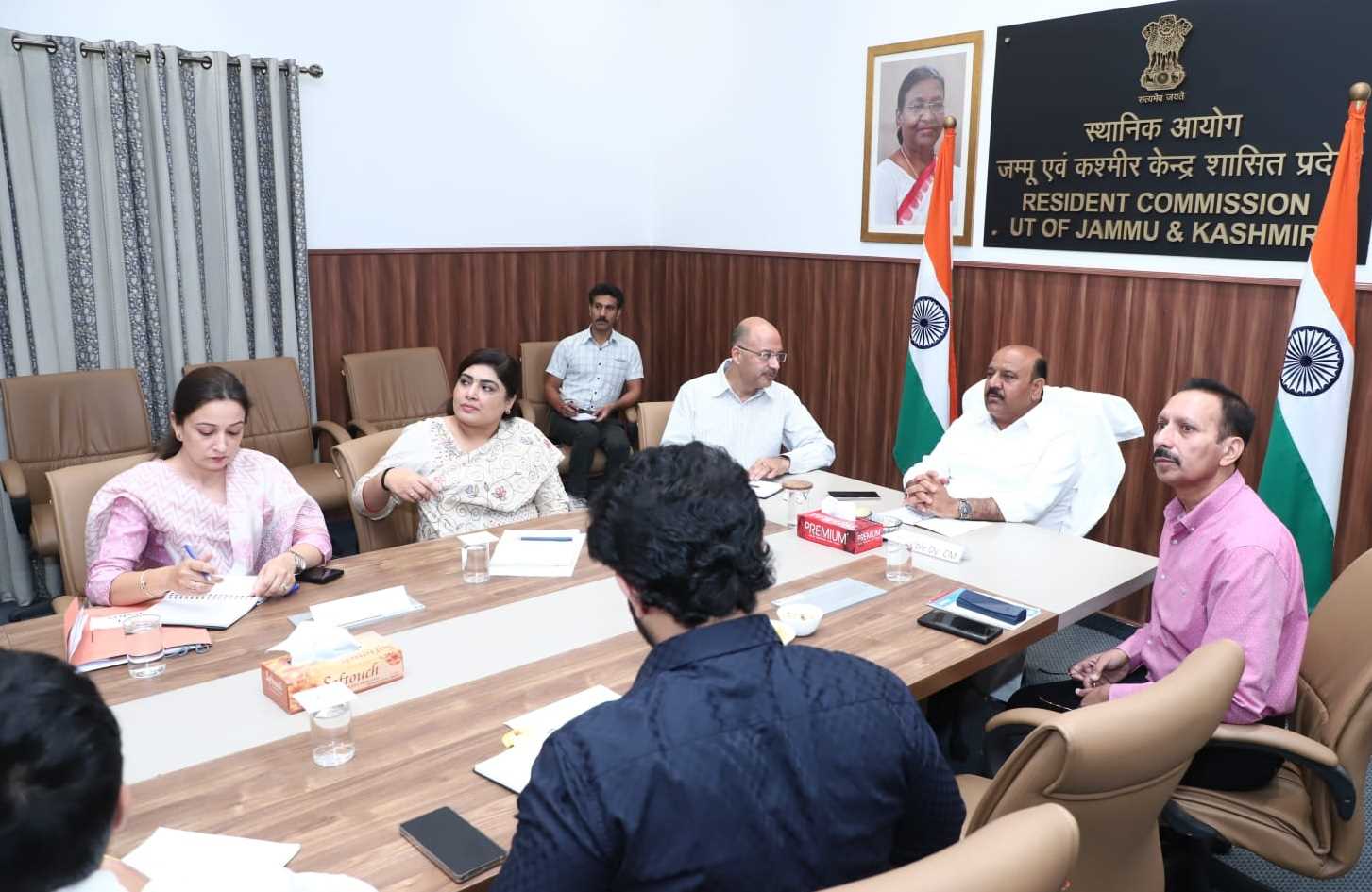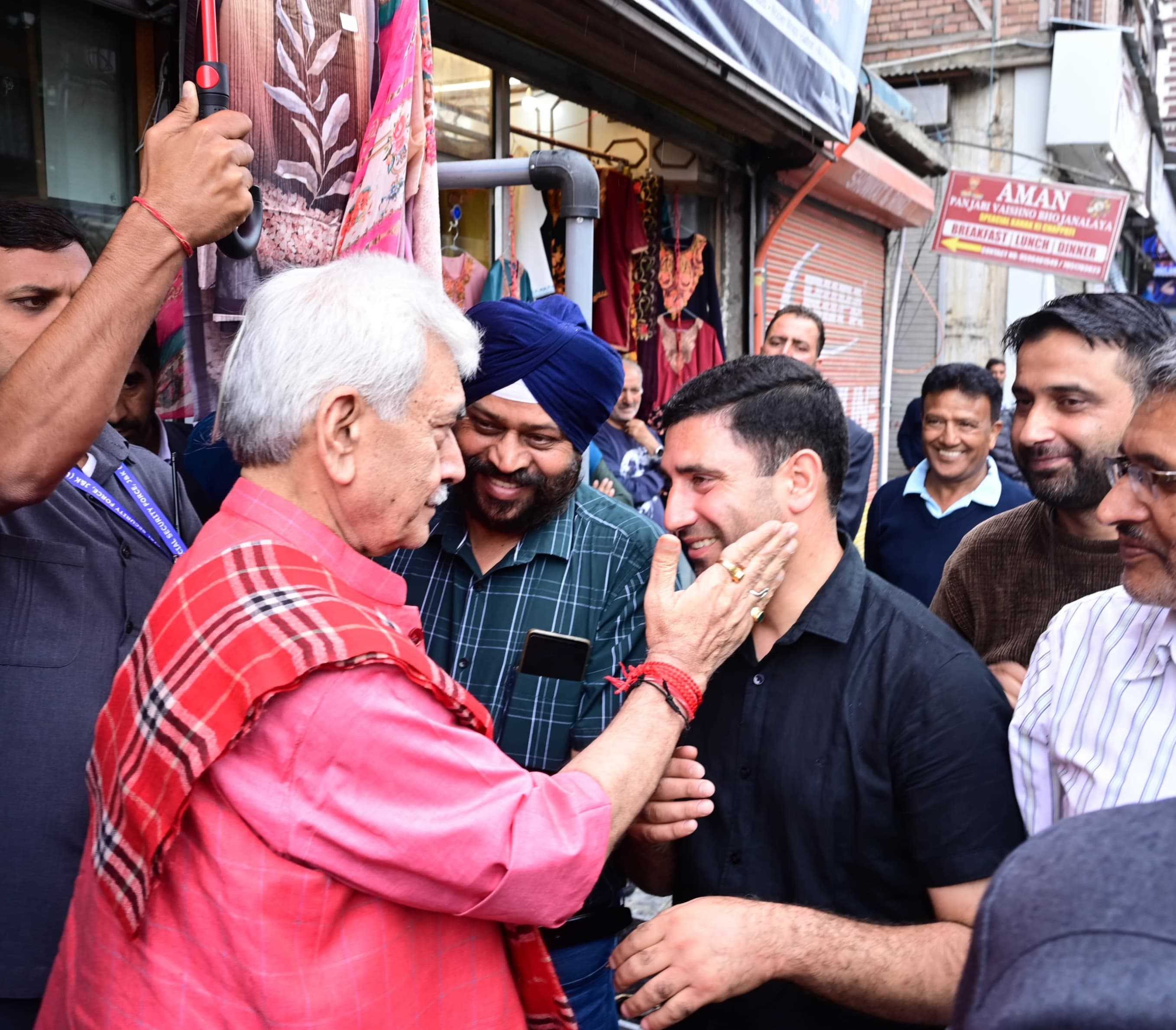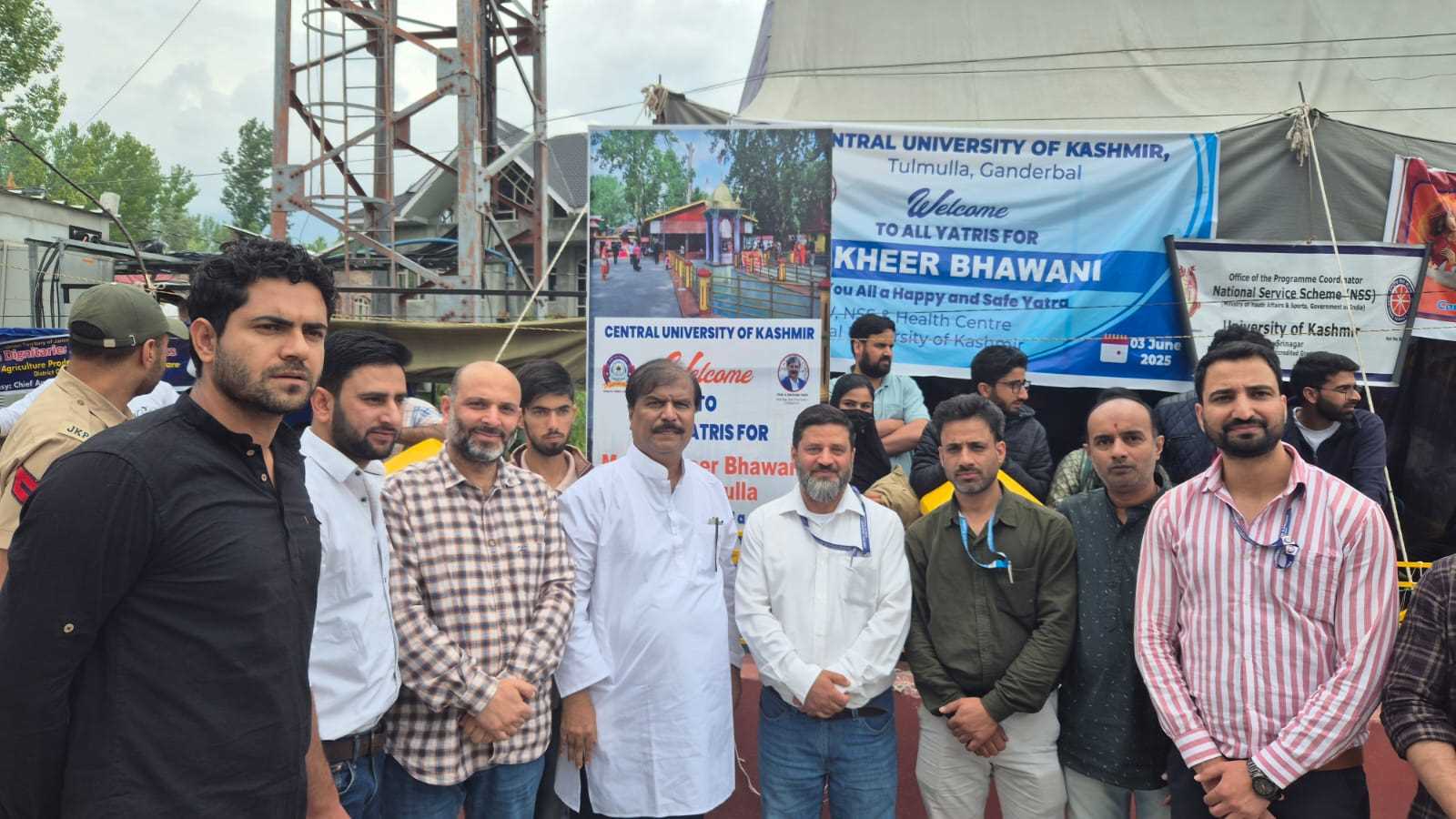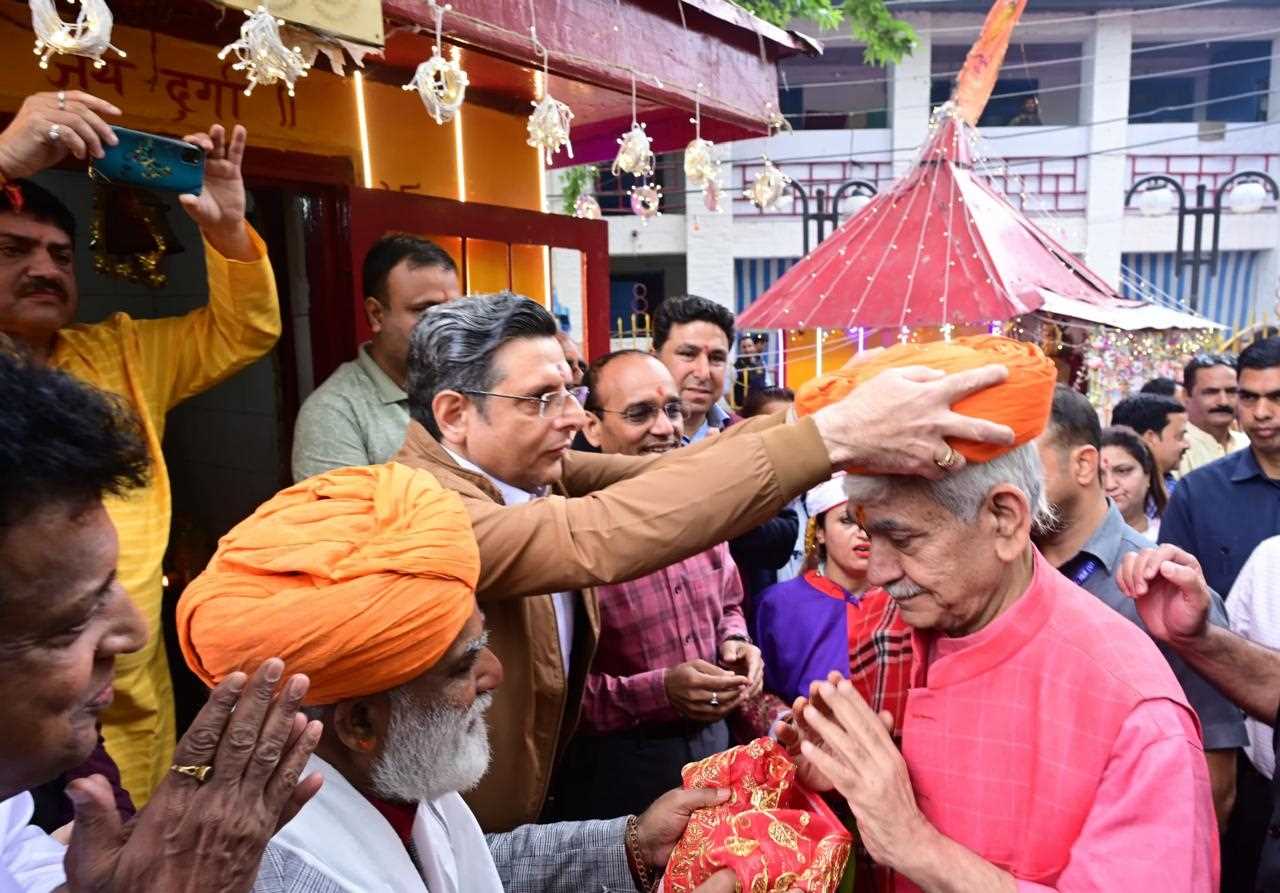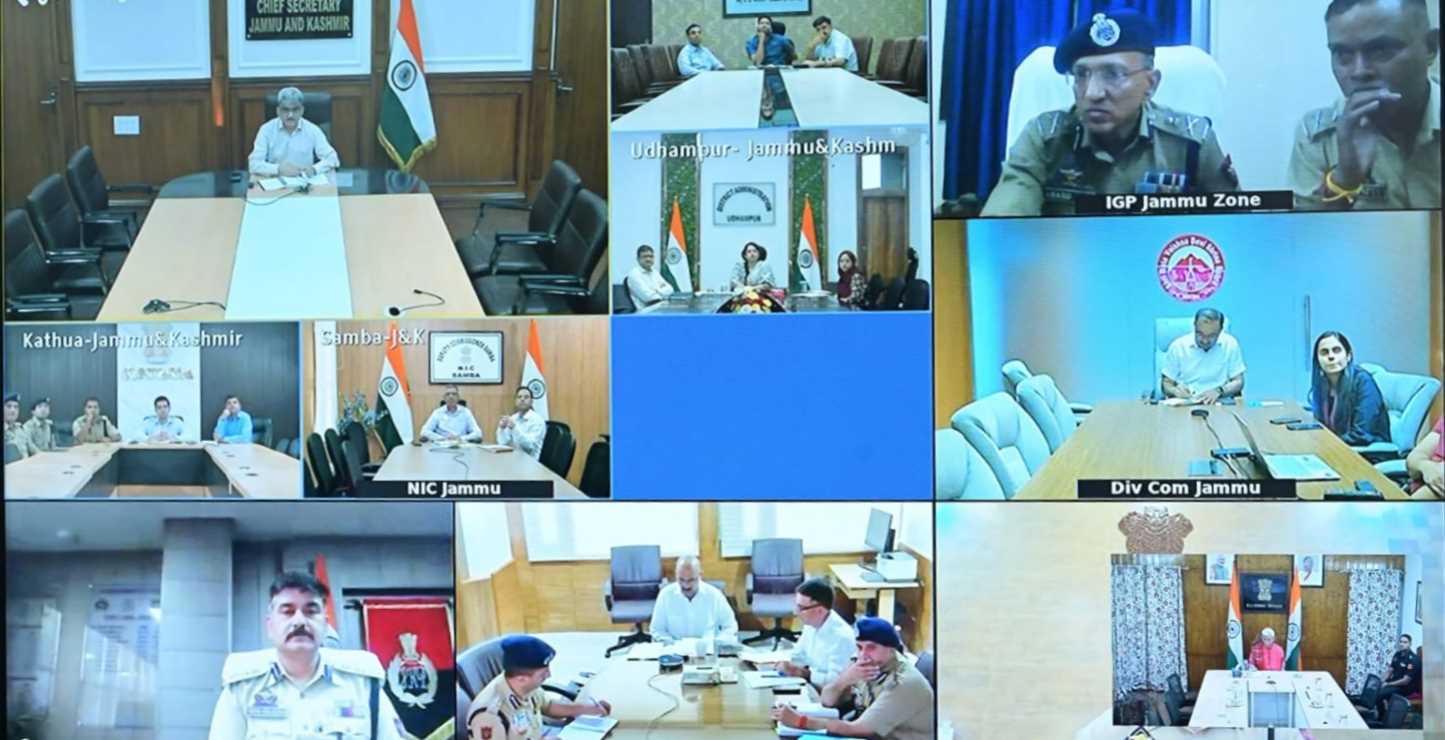An environmental crisis is unfolding along the banks of Nallah Sindh, a historically significant water body in the Ganderbal district, of central Kashmir. Nallah Sindh, once revered for its pristine waters and abundant aquatic life, now faces an existential threat due to improper waste disposal and inadequate management.
Originating from freshwater springs at nearly 3,000 meters, Nallah Sindh flows through Sonamarg and serves as a vital water source for central Kashmir, including Srinagar.
The crisis threatens Ganderbal's tourism industry, known for its scenic beauty, lakes, and glaciers, attracting thousands of tourists annually, including Amarnath pilgrims. The deteriorating environmental conditions risk damaging the area's appeal.
The Gagangeer to Wayil areas have become dumping grounds of solid waste, including plastic bags and polythene into the river. Nazir Ahmad Sheikh, a 52-year-old Margund resident, lamented, "The foul smell from these garbage dumps has made our lives miserable. It's turned from pride to shame and health concerns. Stray dogs near this dumping site have bitten many people in the past two to three months. Our pleas to get this garbage removed have been ignored."
A resident complained that near the Sindh River, especially in Satruna 20 meters from the Sindh River, people dump waste and garbage indiscriminately. This disposal is destroying the river's natural beauty and causing serious health issues.
Ganderbal's growing waste challenge: projections and realities
The data from the Municipal Council of Ganderbal highlights the seriousness of the situation. In 2020, Ganderbal City produced 16 quintals of solid waste per day, with an approximate per capita waste generation of 350 grams daily. With a population of around 35,000 and 7,500 households, this waste volume requires proper management.
The Ganderbal Master Plan - 2032 projects a challenging future for waste management. It expects solid waste generation to reach 28.46 metric tons (MT) per day by 2032. In 2012, Ganderbal generated 16.86 MT of waste daily. By 2017, this increased to 19.17 MT, and 21.81 MT per day by 2022. Projections suggest 24.97 MT of waste daily by 2027, and 28.46 MT per day by 2032.
Food waste is the largest part of the district's MSW, followed by wood items and bones/shells. The significant presence of recyclable materials highlights the potential for effective recycling programs. Recent initiatives aim to address the waste management crisis. In 2022, committees were established at the Panchayat level to implement the Solid Waste Management (SWM) project in rural areas. An official from the district administration explained,
"Bye-laws were enacted at the Panchayat level through Gram Sabha Resolutions, involving PRIs and other stakeholders. User charges were determined for households and establishments based on Panchayat-level bye-laws."
From November 2022 to July 2023, Rs 5,000 per Panchayat per month were pooled at the block level. Agencies were hired through e-tendering in each block for waste transportation from primary collection sites to segregation sites for disposal.
Implementing these measures has been challenging. Mohammad Yusuf, the Swachh Bharat Mission sanitation block in charge of Kangan block said, "In Kangan, we generate almost 600 kg of waste daily. Our main issue is people disposing of inappropriate items like cement in the dustbins, complicating collection and segregation. We have eight segregation sheds in different parts of Kangan and a plastic waste plant in Wussan”.
“Our next step is to distribute individual dustbins to each household for better waste collection. However, the main challenge is the mixing of dry and wet waste by residents, complicating segregation efforts. The Satruna was a temporary dumping site for a while, but that ended after a few days."


